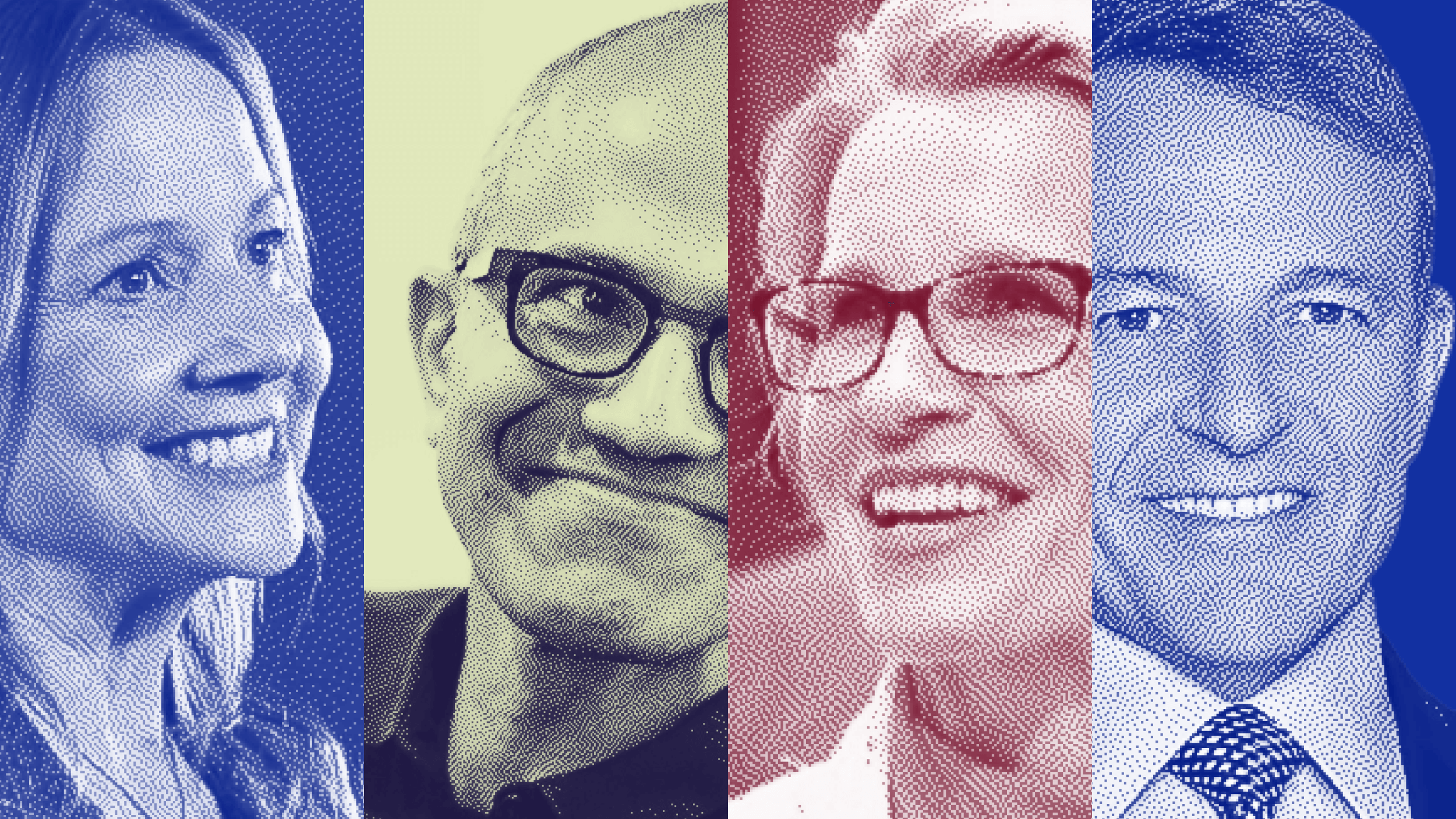Beth Comstock: What a GE crisis taught me about accountability

By 2003, General Electric, now better known as GE, had a reputation problem. Its long-time image as a company at the forefront of a sparkling future had been shaken. After a bitter dispute with the EPA over chemicals released into New York’s Hudson River, GE found itself cast instead as a giant, soulless polluter. According to Beth Comstock, author and former Vice Chair of GE, rebuilding public trust was imperative. So the company embarked on a remarkable campaign of accountability and transparency to revitalize its partnership with the public and its customers. Comstock discusses what GE did, and the value of embracing responsibility to the world at large, in her Big Think+ video, “Imagine it Forward: A Case Study in Taking on Risky Efforts (How GE Launched Ecomagination).”
Anticipate pushback
Comstock and others put together a discovery team to get a clearer vision of technology’s future, and of GE’s role in developing ecologically sustainable and financially affordable solutions. They gave the initiative “a very cute name”: Ecomagination. “We did all our research, talked to customers, talked to NGOs, had a team that worked on it for 18 months,” Comstock recalls. Armed with fresh perspective and a plan, they came “back to the leadership of the company, and many people thought it was the worst idea they’d ever heard.”
There were risks involved. When assuming accountability, there inevitably are. “We as a company were putting ourselves at risk,” explains Comstock, “putting ourselves out there to be criticized for good reason. And people were afraid.” With buy-in from the CEO, though, the team decided, “we’re going to do it, and we’re going to do it with a community of people.”
Taking public accountability seriously
The key to the success of Ecomagination is that it wasn’t just a PR stunt. It was a sincere effort to turn the company’s difficulties into something good. “We found we actually were producing amazing clean technology already. And we had a pipeline of invention that we could scale faster with the right kind of prioritization,” Comstock says. Critical to the project was giving customers a seat at the table. “We invited some of the naysayers and the NGOs who had criticized us in the past to be part of an advisory group. We brought our customers in and said, ‘Help us map out the future together.’ We gave them almost virtual budget, and said, ‘What technology would you invest in if you were us?’”
Not just talk
It was to be expected that GE’s sincerity would be questioned by some. “In our case, we were worried about greenwashing — saying we were going to do it, and be accused of good intentions but no action to back it up.” To underscore their commitment, the company team invited the outside world to track and assess the company’s efforts going forward. “It’s about showing people your aspirations of what you’re trying to do. So we were also saying ‘We’re not there yet.’ But we were saying, ‘Here’s the roadmap we’ve got, and we’re showing you our progress against it.’”
For GE, Ecomagination was part of a healing process. Even so, their story illustrates the kind of benefits that corporate accountability can bring. It always carries some risk, but the rewards can make it more than worthwhile. Comstock: “I think you’re seeing other companies use that approach. It means you have to be transparent, but that’s, I think, what good business is and I definitely know it’s what good marketing is.”




